Gibside, a National Trust property in Tyne and Wear, has acres of grounds with views to explore. Gibside belonged to the Bowes-Lyon family, a family of politicians and landowners. Queen Elizabeth II's mother descended from this family. The family had been living in the estate since the 1540s, and the mansion dates from the early-1600s. Unfortunately, the mansion is a ruin today. The site also has a chapel, stables, monument, banqueting hall, walled gardens and an orangery.
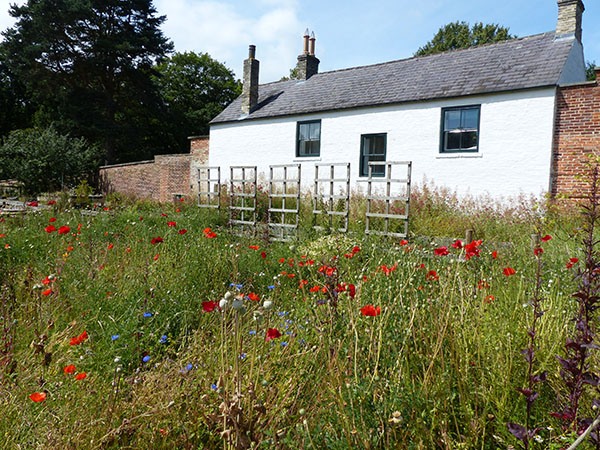
The first stop on the visit was to the walled gardens, before I explored some of the other attractions at this huge site. The walled gardens contains fruit trees and mainly wildflower gardens. Poppies and cornflowers (my favourite flower) were in abundance. Most of my photographs are of the walled garden.
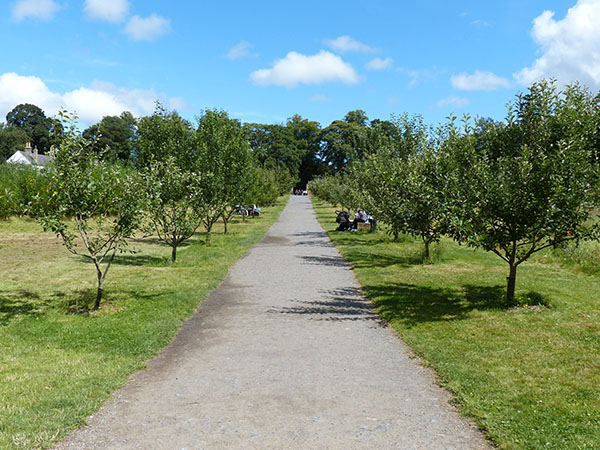
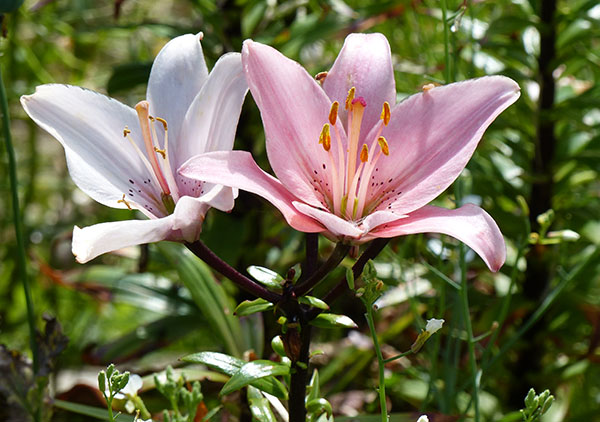
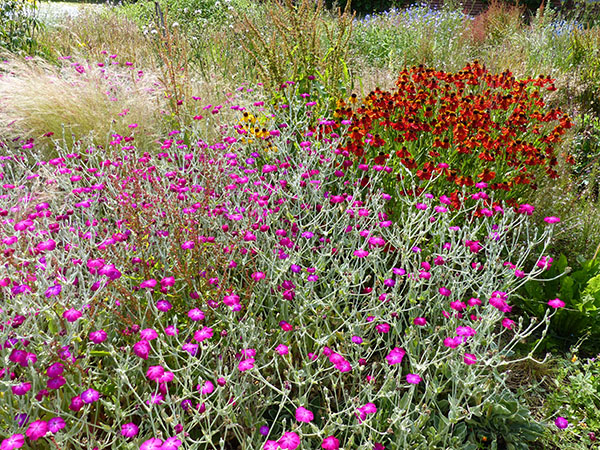
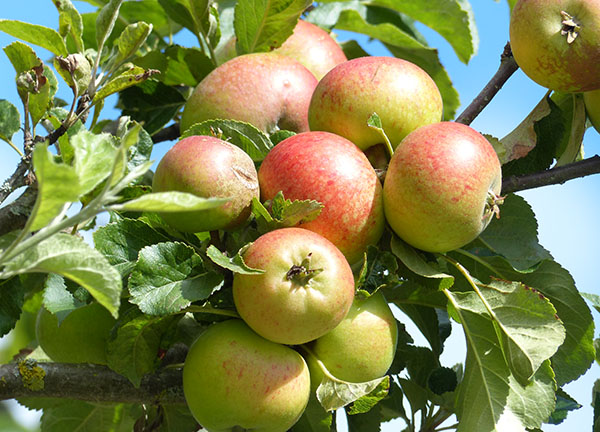
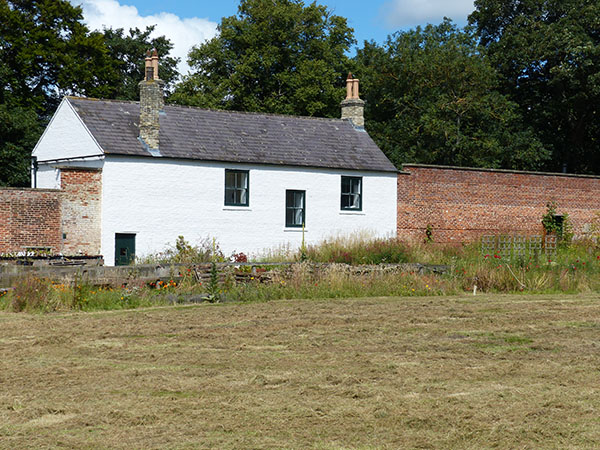

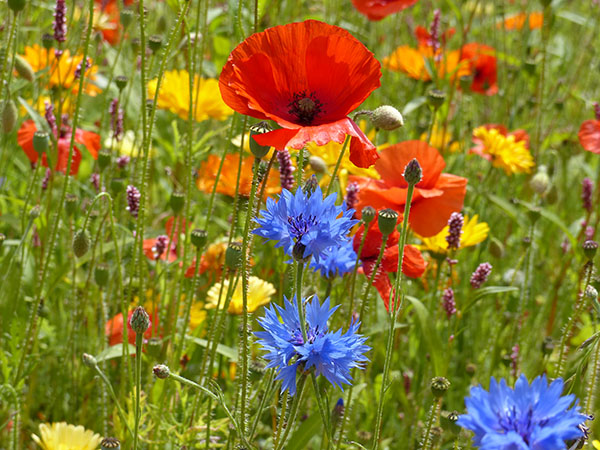
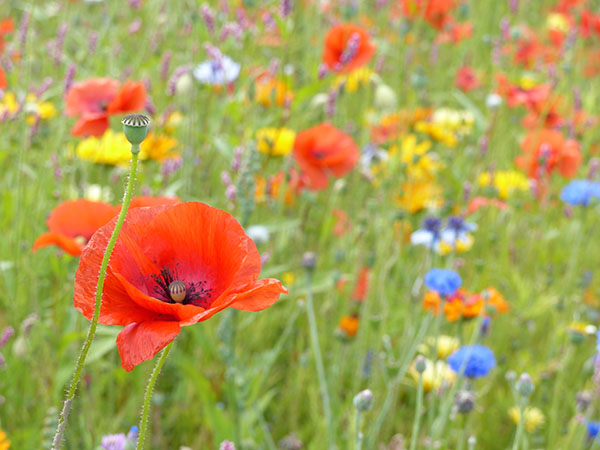
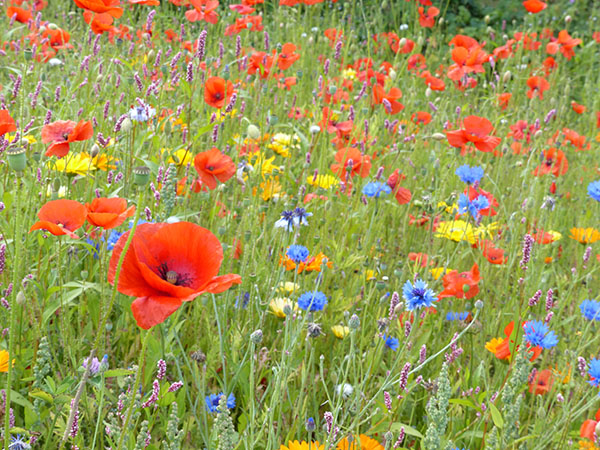
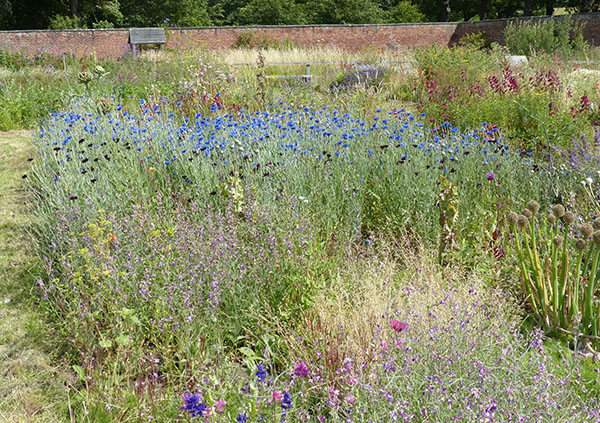
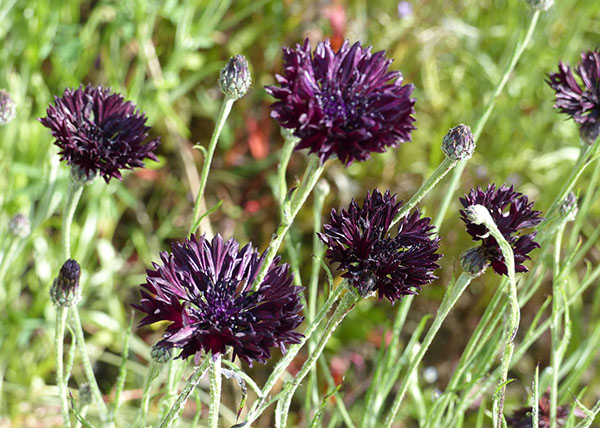
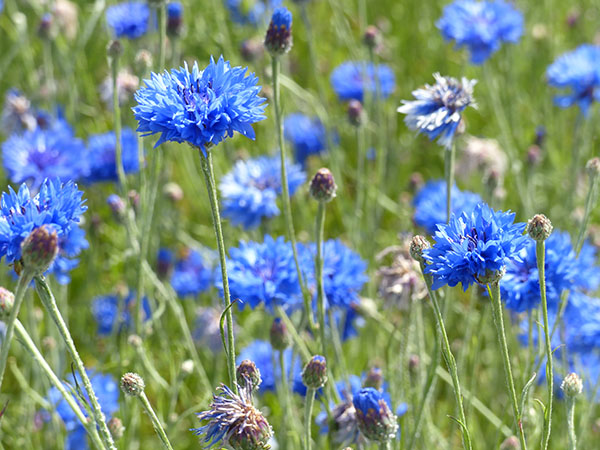
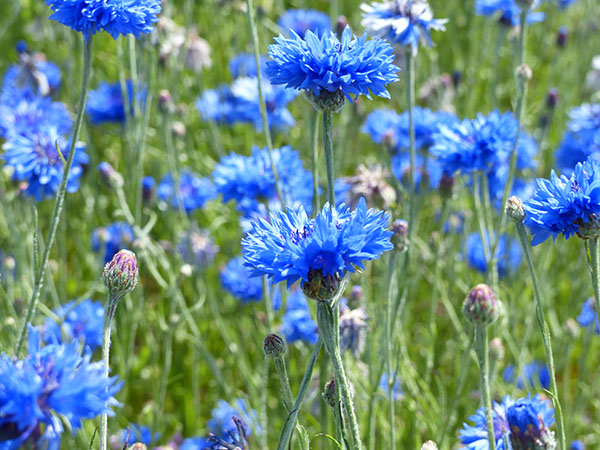
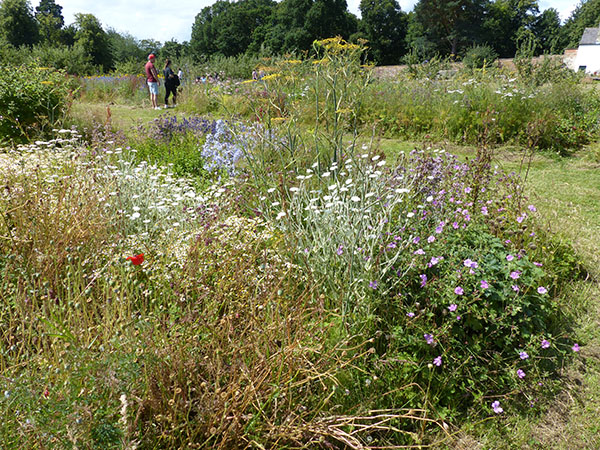


One of the remaining features that date from the 1700s is a "plant theatre". This little alcove contained prized plants, and these were normally selected by the head gardener. It is currently used to showcase displays. A few years ago, work was commissioned by a florist and the design featured golden pineapples. This celebrates the heritage of Gibside because pineapples were grown here.
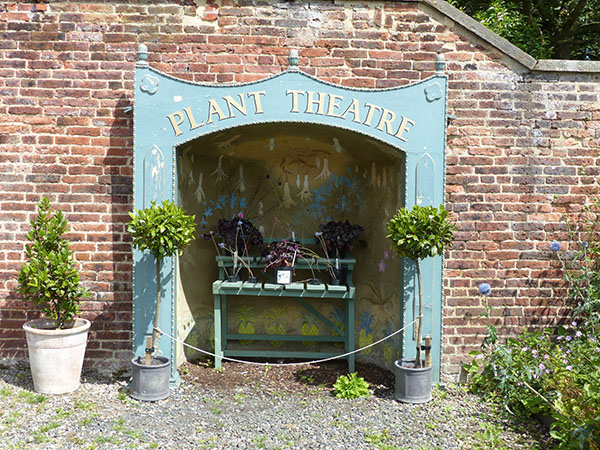
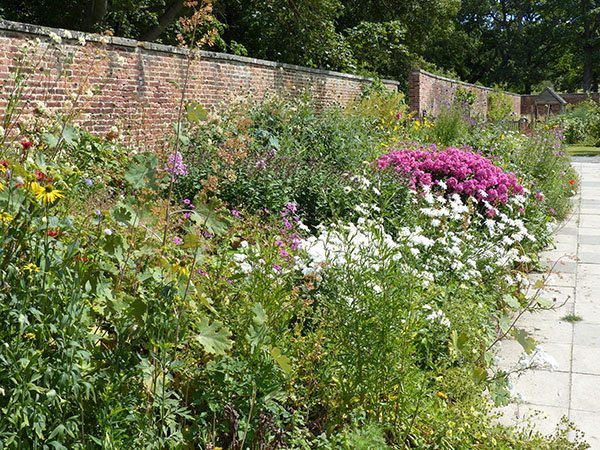
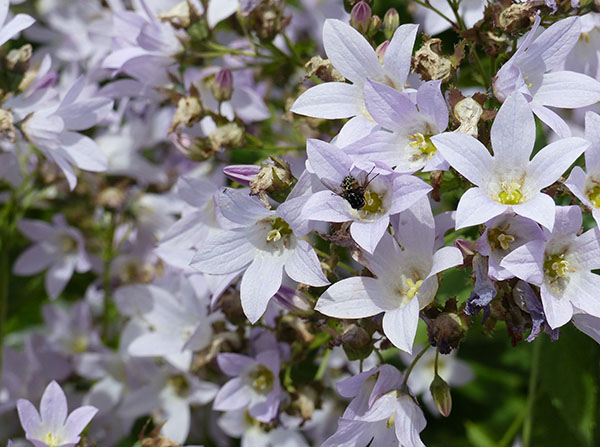
Gibside had ongoing improvements by the Bowes-Lyon family throughout the 1700s and early 1800s, including landscaping and the banqueting house, column of Liberty, stables, avenue of oaks, and much more. The hall was also extended. The estate was landscaped with the views in mind.
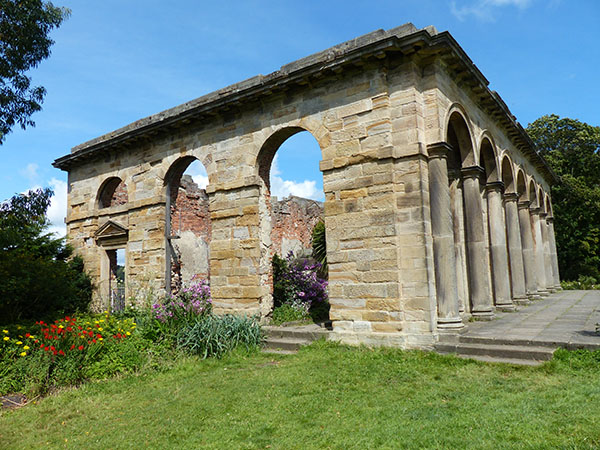
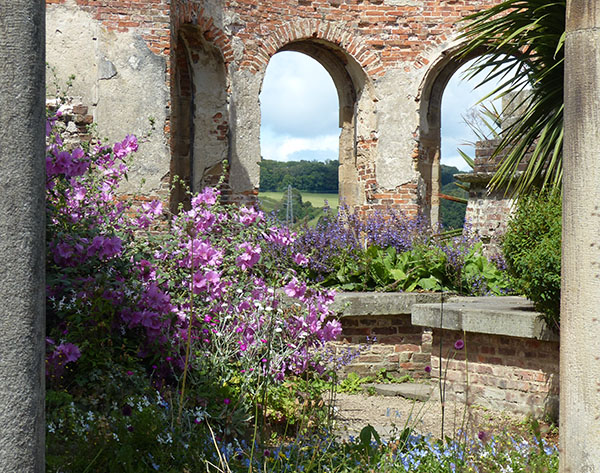
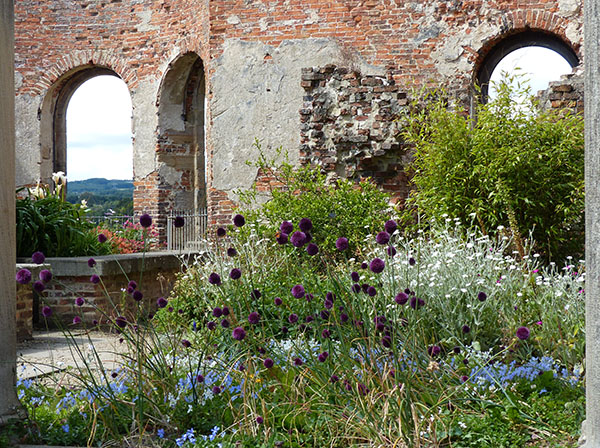
The orangery is one attraction, and it is a ruin today with flowers growing amongst it. There are spectacular views from inside.
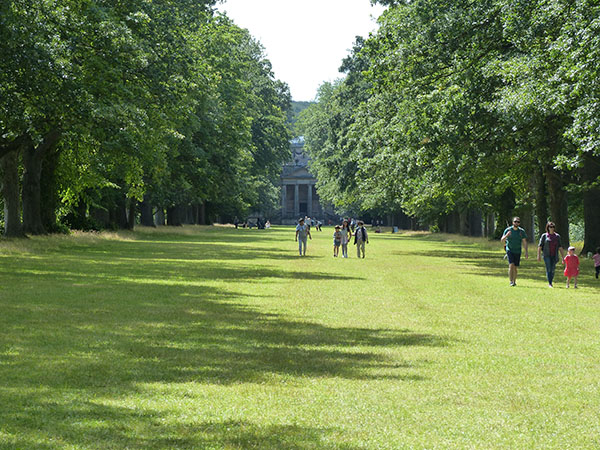
The long "avenue" of trees starts at the chapel, which you see in the photograph above; a close-up of the chapel is below. Normally, the chapel is open for visitors but is currently closed due to coronavirus. It was built as a Calvinist church.
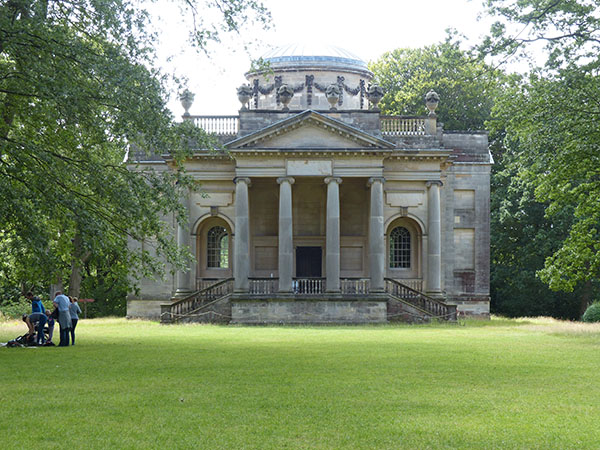
On the other end of the avenue is a monument, a column to British Liberty.

Opposite the view of the column are the stables. Today, the stables are a cafe, but this is closed due to coronavirus. The stabled were built in the mid-1700s.
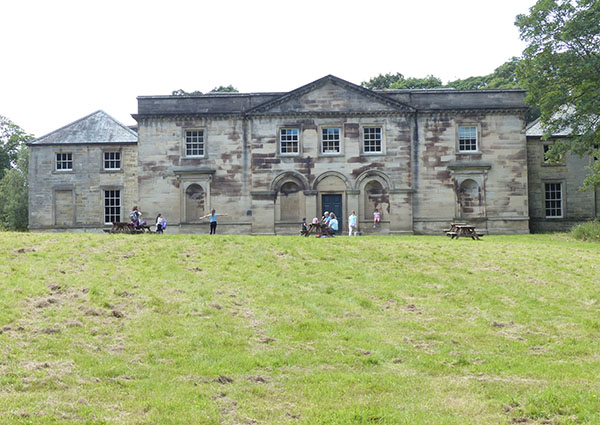
Not to miss out, the ruins of the old hall (Gibside Hall) are off to the side of the avenue with impressive views behind. The house became neglected after 1860, and the walls have been stabilised so that visitors can walk around the ruins, but this seems to be fenced off currently, probably due to coronavirus again.
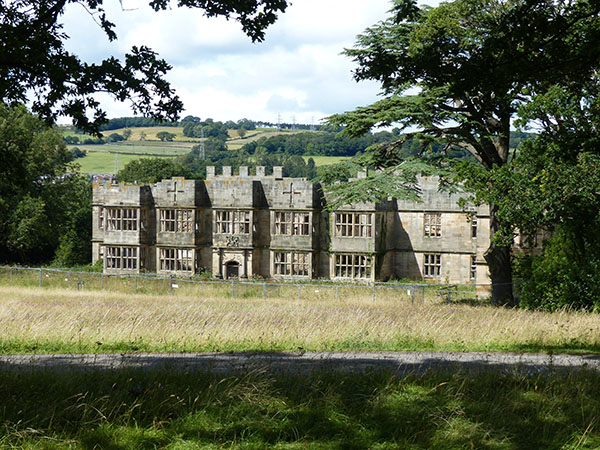
Further up past the stables is the octagon pond and banqueting hall above that. The banqueting hall was built in the mid-1700s. I thought it looked a bit "creepy" today as it is all overgrown without the manicured lawns. The octagon pond has also lost its shape. It has not been restored due to a rare colony of newts in the pond. But visitors can try to imagine how it would look if the overgrown plants were removed and the fountains and statues were placed in the view.
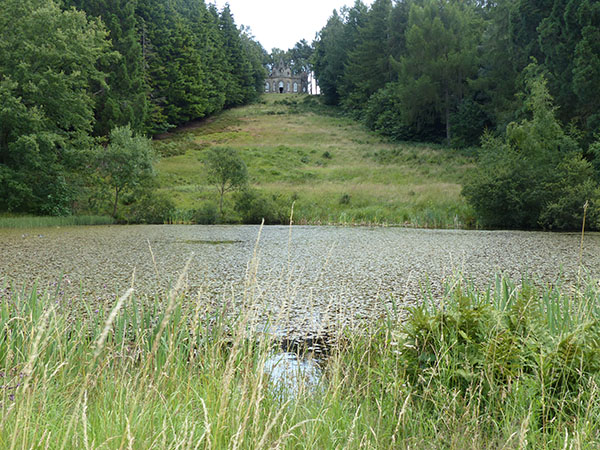
After the long walk (Gibside has over 600 acres to it with the buildings all spread out), I enjoyed some ice cream outside the cafe near the entrance, which was open but selling a reduced range of items.

At some point, I plan to return once the buildings are re-opened and the world is free from the dangers of coronavirus.
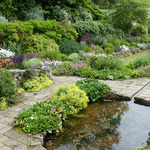
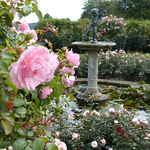
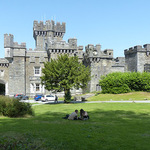
Leave a comment